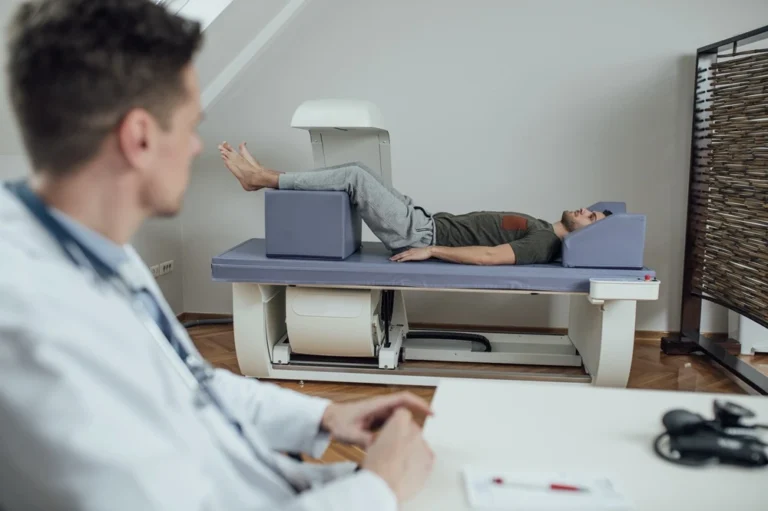When To Seek Treatment for Back Pain

Back pain is a widespread issue that many people experience, typically improving on its own or with home remedies. Sometimes, back pain may indicate a more serious condition that requires medical attention. Knowing the signs to watch for and the treatments available can help you manage this condition effectively. Here is when to seek treatment for back pain:
Symptoms Prompting Treatment
While occasional discomfort is normal, some symptoms may signal that it’s time to seek a professional evaluation. These symptoms include severe and unrelenting pain, especially if it doesn’t improve with rest. Pain accompanied by tingling, numbness, or weakness in the legs or feet is also concerning, as these symptoms could indicate nerve involvement.
If your back pain occurred after an injury, such as a fall or accident, this should not be ignored. Injuries to the spine or surrounding tissue can have lasting effects if not addressed. Pain accompanied by bowel or bladder problems typically points to a serious underlying issue. Other signs to take note of include pain accompanied by fever, chills, or unexplained weight loss. These symptoms might suggest an infection or another systemic condition that needs immediate attention.
Pain Treatment Options
When back pain persists or worsens, a variety of treatment options are available to alleviate discomfort and address the underlying cause. For some individuals, epidural injections may provide relief. These injections target inflamed nerves and reduce swelling, alleviating pain more directly than oral medications. Nerve blocks are another option for managing back pain. By temporarily interrupting pain signals to specific areas, they help reduce persistent discomfort. Doctors typically recommend this procedure for individuals who experience pain stemming from injured or damaged nerves.
Spinal and peripheral stimulation represents a more advanced form of treatment. These techniques involve using electrical impulses to block pain signals before they reach the brain, aiming for a long-lasting reduction in discomfort. It has successfully helped many individuals regain their mobility and improve their quality of life.
Professional Pain Advice
Recognizing the need for professional help can be a challenging task. But if your pain affects your daily activities or is accompanied by any of the symptoms mentioned earlier, it may be time to consult a medical expert. Start by discussing your concerns with a primary care physician. They can guide you toward diagnostic tests, such as MRIs or X-rays, to better understand the issue.
Building a Path to Relief
Choosing the right approach to pain treatment relies on understanding your symptoms and working closely with healthcare professionals. Addressing the issue promptly can help prevent further complications. Treatments like epidural injections, nerve blocks, and spinal stimulation are tools that have helped many reclaim a more comfortable, active life.
Schedule an Appointment for Back Pain
Living with persistent pain is challenging, but you don’t have to face it alone. By seeking guidance and exploring treatment options, you can work toward lasting relief and improved well-being. Always listen to what your body is telling you and take steps to restore your health. Schedule an appointment with a pain specialist to learn about ways to manage and improve your condition.
- What to Expect When Visiting a Foot and Ankle Specialist
- Causes of PTSD
- The Link Between Plantar Fasciitis and Weight Gain: What You Need to Know
- How Pet Ownership Can Positively Impact Life with Fibromyalgia
- The Importance of Stretching and Flexibility in Sports Medicine
Dr. Emma Green is a health and wellness expert with over 10 years of experience in nutrition and fitness. Passionate about helping others live their healthiest lives, Dr. Green shares practical advice on wellness, nutrition, and sustainable living through LivingSpristine.






